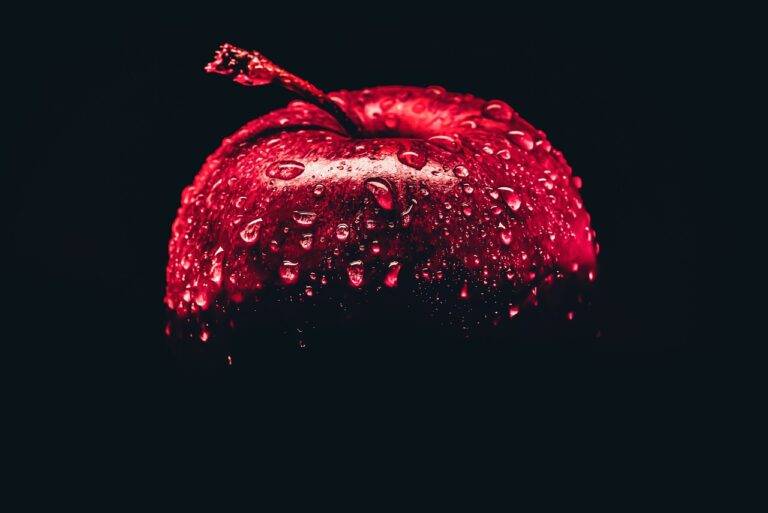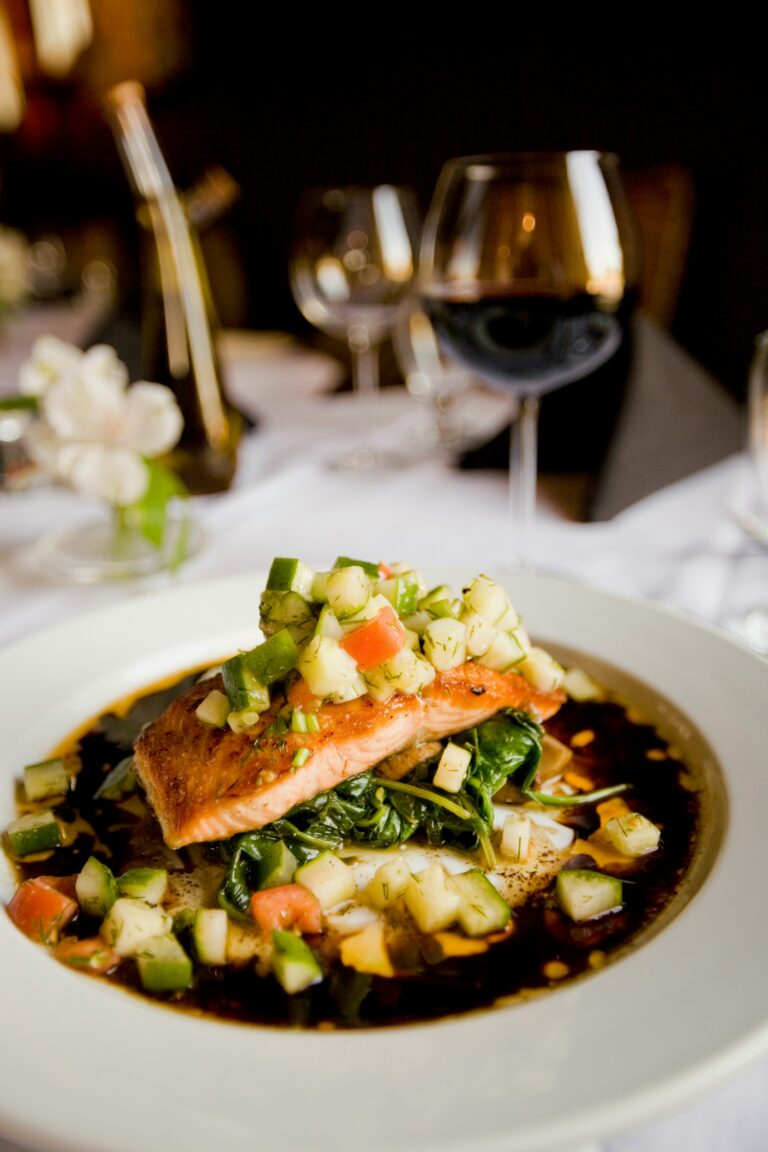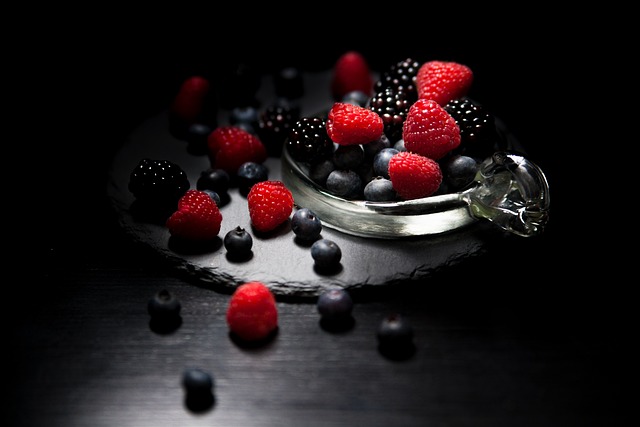Bottled Water and Cultural Identity: Regional Branding
all pannel.com, new betting id, gold365:Bottled Water and Cultural Identity: Regional Branding
In a world where globalization is on the rise, regional branding has become increasingly important for companies looking to differentiate their products in the marketplace. One industry that has seen a significant impact from regional branding is the bottled water industry. Bottled water brands from different regions around the world have leveraged their cultural identity to create unique products that resonate with consumers.
The concept of regional branding in the bottled water industry goes beyond just the water itself. It also includes the packaging, marketing, and storytelling behind the brand. By tapping into the cultural heritage of a region, bottled water companies can create a strong emotional connection with consumers, leading to increased loyalty and brand advocacy.
One example of a bottled water brand that has successfully leveraged regional branding is Fiji Water. By highlighting the pristine environment and sustainable practices of the Fijian islands, Fiji Water has positioned itself as a premium brand that appeals to environmentally-conscious consumers. The brand’s iconic square bottle design and marketing campaigns that emphasize the natural purity of the water have helped Fiji Water stand out in a crowded marketplace.
Similarly, brands like Voss from Norway and Evian from France have used their respective countries’ rich natural resources and quality standards to create a premium image for their products. By associating themselves with the cultural identity of their regions, these brands have been able to command higher price points and attract a loyal customer base that values authenticity and quality.
On the other hand, regional branding can also be a double-edged sword for bottled water companies. While leveraging cultural identity can help differentiate a brand, it can also limit its appeal to a global audience. Some consumers may be hesitant to try a bottled water brand that they perceive as too niche or unfamiliar. This is why it’s important for companies to strike a balance between highlighting their regional heritage and making their products accessible to a wider audience.
Overall, regional branding in the bottled water industry has proven to be a powerful strategy for companies looking to create a strong brand identity. By tapping into the cultural heritage of their regions, brands can differentiate themselves in the marketplace and connect with consumers on a deeper level. As competition in the bottled water industry continues to grow, regional branding will play an increasingly important role in shaping consumer perceptions and driving brand success.
—
Heading: The Future of Regional Branding in the Bottled Water Industry
As consumer preferences continue to evolve, the future of regional branding in the bottled water industry looks promising. Brands that are able to effectively communicate their cultural heritage and values to consumers will have a competitive advantage in the marketplace. By leveraging regional branding, bottled water companies can create unique products that resonate with consumers and stand out in a crowded marketplace.
Heading: Challenges and Opportunities in Regional Branding
While regional branding has its benefits, it also comes with challenges. One of the biggest hurdles for bottled water companies is striking the right balance between highlighting their cultural identity and maintaining a global appeal. Finding the right mix of authenticity and accessibility will be key for brands looking to succeed in the competitive bottled water market.
Heading: Case Study: Perrier
One brand that has successfully navigated the challenges of regional branding is Perrier. The iconic French brand has leveraged its heritage and reputation for quality to create a timeless image that appeals to consumers around the world. By staying true to its roots while adapting to changing consumer preferences, Perrier has remained a top player in the bottled water industry.
Heading: The Role of Sustainability in Regional Branding
Sustainability is another key factor that can enhance the appeal of regional branding for bottled water companies. Consumers are increasingly seeking eco-friendly products that align with their values, making sustainability a crucial element of brand identity. By incorporating sustainable practices into their production processes and marketing efforts, brands can attract environmentally-conscious consumers and differentiate themselves in the market.
Heading: The Importance of Storytelling in Regional Branding
Storytelling plays a vital role in regional branding, as it allows brands to connect with consumers on an emotional level. By sharing the unique history and culture of their regions, bottled water companies can create a narrative that resonates with consumers and sets them apart from competitors. Effective storytelling can help build brand loyalty and drive consumer engagement, ultimately leading to increased sales and market share.
Heading: Conclusion
Regional branding has become a powerful tool for bottled water companies looking to create a strong brand identity and connect with consumers. By leveraging the cultural heritage of their regions, brands can differentiate themselves in a competitive marketplace and attract a loyal customer base. As consumer preferences continue to evolve, regional branding will play an increasingly important role in shaping the future of the bottled water industry.
FAQs
Q: Are regional brands more expensive than non-regional brands?
A: It depends on the brand and the perception of value associated with the region. Some regional brands may command higher price points due to their premium image, while others may offer competitive pricing to appeal to a broader audience.
Q: How can I identify regional brands in the bottled water aisle?
A: Look for brands that highlight the cultural heritage or natural resources of a specific region in their packaging and marketing. Brands that emphasize their local origins and quality standards are likely to be regional brands.
Q: What are some examples of popular regional bottled water brands?
A: Some popular regional bottled water brands include Fiji Water from Fiji, Voss from Norway, Evian from France, and Perrier from France. These brands have successfully leveraged their cultural identity to create unique products that resonate with consumers.







